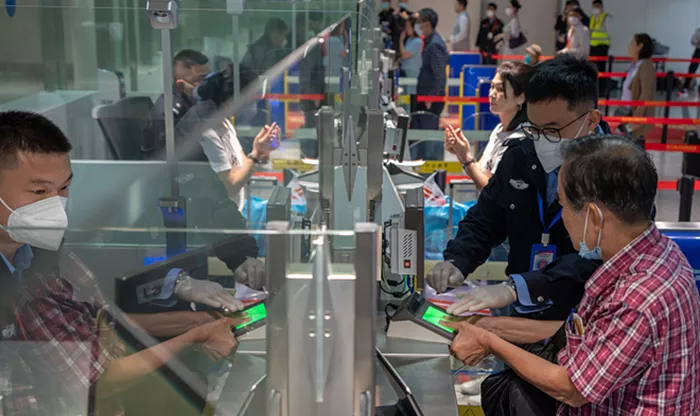Attention, globetrotters! Russia has rolled out a significant new regulation. Starting from June 30th, all visa – free entrants, that is, those who can enter Russia without a visa, must apply for pre – approval. Gone are the days of breezing through the border upon arrival. This news has sent shockwaves through the travel community: will ordinary tourists’ trips be derailed? Let’s dig into the details.
According to the announcement from the Russian Ministry of Internal Affairs:
Visa – free entrants, such as citizens of CIS countries or foreign nationals with bilateral agreements, now have to apply online in advance. Without approval, entry is off the table (a far cry from the previous ease of entry upon arrival).
Adults must handle their own applications, provided they have the capacity to do so (a reasonable safeguard by the Russian authorities).
Minors or those without self – care ability rely on guardians for application.
However, holders of electronic visas are unaffected, which is a relief.
In emergencies, applications can be submitted as late as 4 hours in advance, like in cases of sudden medical needs.
The Russian authorities claim this move aims to strengthen border control, enhance security screening efficiency, and prevent illegal entry and crime. While it sounds reasonable, the underlying cause might be the heightened security concerns in the face of global terrorism.
Netizen Xiao Li complained on social media, “This is such a hassle! My solo travel plan next week is in chaos. Is Russia deliberately making things difficult?” But hold on. Let’s analyze the impacts: in the short term, it will surely hit independent travelers, like backpackers who used to enter visa – free. They’ll have to re – plan to avoid being stuck at customs. But tour groups are mostly unaffected as they usually have visas, showing the policy’s targeted nature. In the long run, this new rule aligns with the global digital trend, similar to China’s efforts in entry – exit facilitation. The Russian authorities aim to boost approval transparency and efficiency. As long as the implementation is smooth, it could be a positive change.
In conclusion, this new rule isn’t about being difficult; it’s a sign of the times. It reminds us to do more homework before traveling and embrace digital changes for both safety and convenience. Russia is on the right track, and now we wait to see how well it’s implemented. Are you ready to adjust your travel plans?
Related Topics:
- Int2Cruises Launches in India, Revolutionizing Cruise Vacation Planning
- Chinese Embassy in Sri Lanka Warns Chinese Citizens Traveling in Sri Lanka to Guard Against Chikungunya Fever Epidemic
- Shangri-La Emerges as Premier Birdwatching Destination Amid Ecological Revival

